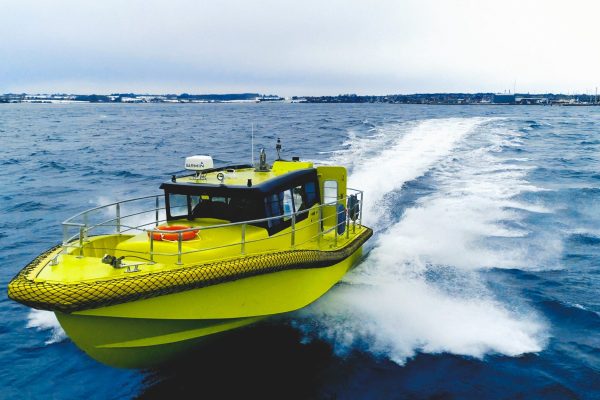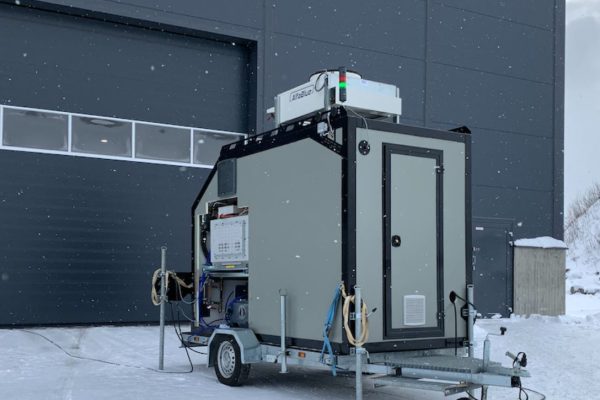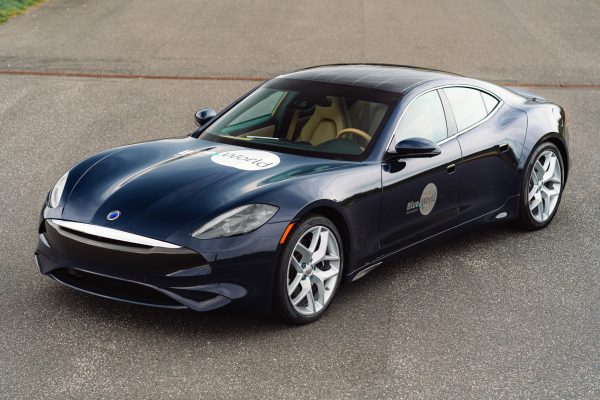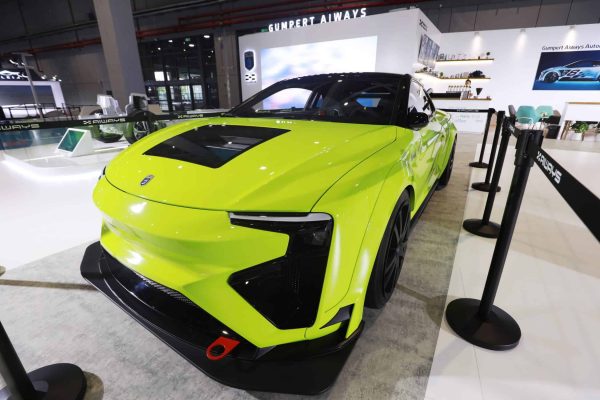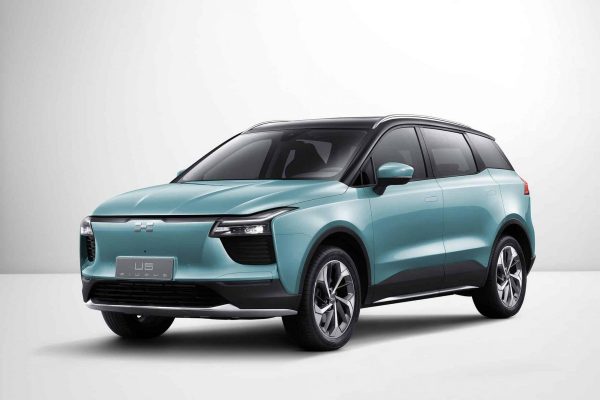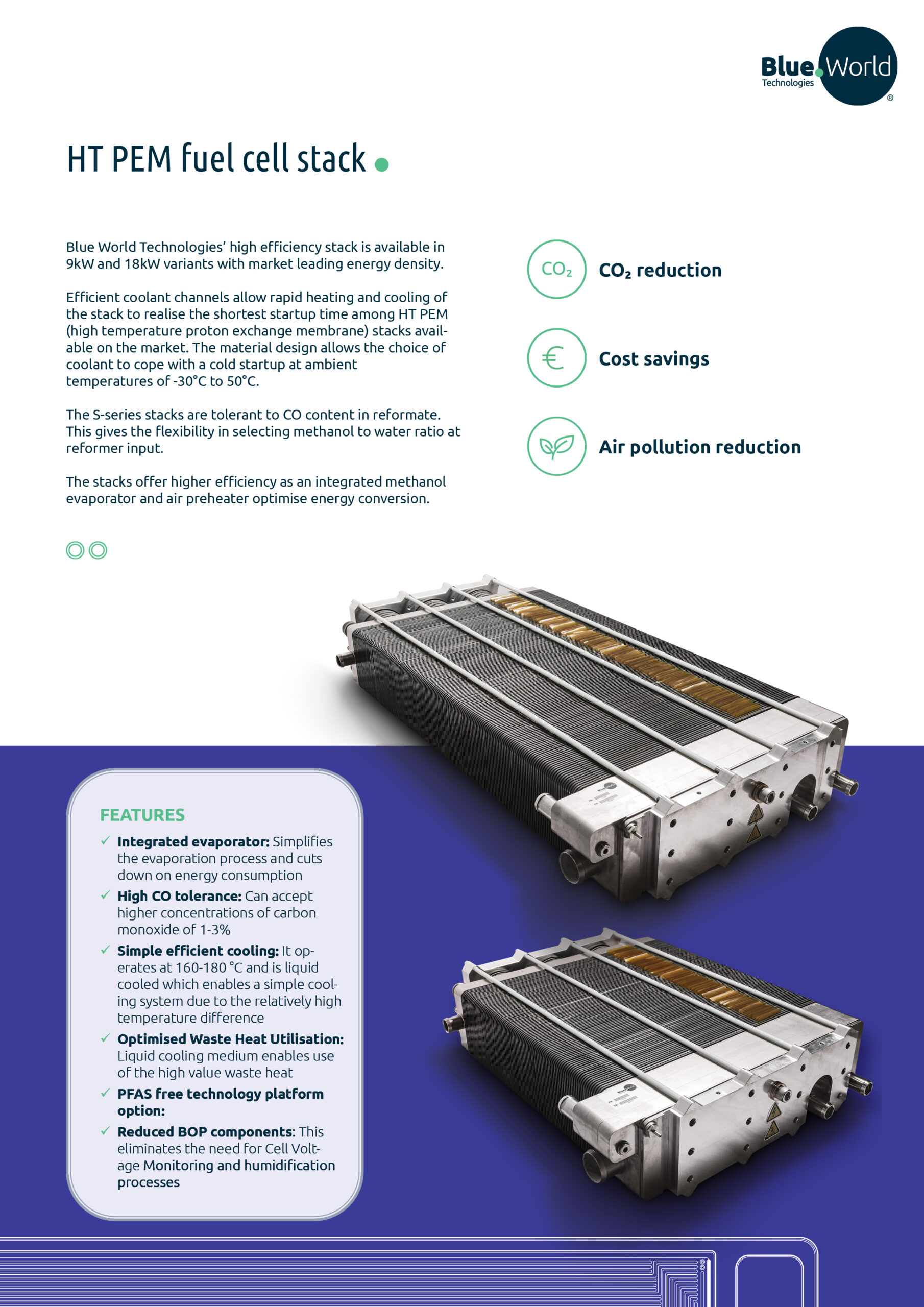MarketS
Other applications
The methanol fuel cell system provides green transport with a long range
An alternative road for decarbonisation
Electrification of the heavy-duty industry is gaining momentum, as a solution for long-term decarbonisation of the global mobility sector is necessary for the combat against climate changes.
For most heavy-duty freight transport, direct electrification with batteries is challenging given the energy storage requirements for long-range operations carrying heavy payloads. An alternative road for decarbonisation of heavy-duty freight transport is through indirect electrification with renewable liquid electro-fuels in combination with fuel cell technology providing the same flexibility for a continuous operation as with conventional fossil fuels.
Long distance
The methanol fuel cell enables green system integration, carry heavy payloads, and long distance through indirect electrification.
A greener world
The methanol fuel cell technology will help to decarbonise the heavy-duty industry which is one of the world's largest polluters.
REDUCED emissions
The methanol fuel cell systems are powered by pure methanol and provides reduced emissions. When using renewable methanol the emission is carbon neutral.
A strong market and technology match
A methanol fuel cell system is equipped with an onboard reformer converting the liquid methanol into a hydrogen-rich gas. The fuel cell converts the reformate gas into electricity powering the electric motors. The combination of onboard reforming and high-temperature PEM fuel cells create a thermal symbiosis offering high electrical efficiency while reducing or eliminating NOx, SOx, and particle emissions. Methanol from biomass and renewable origin also eliminate CO2 emissions from a well-to-wheel perspective and truly enables CO2-neutral mobility.
Methanol is a high-density energy carrier that is liquid at atmospheric pressure making it simple and cost-effective to refuel and store in large volumes onboard heavy-duty vehicles. Providing high vehicle availability, long driving range, and superior drivetrain energy density methanol is comparable with diesel engine heavy-duty trucks and it exceeds beyond batteries and other renewable energy carriers. Compared to hydrogen-powered fuel cells, a methanol fuel cell system eliminates some of the difficult challenges linked to handling and distribution, infrastructure investments, and low volumetric energy density.
Implementing core stack technology into mobile platforms
Blue World Technologies is a manufacturer of stacks with two decades of experience in the industry, who will provide the concept and the technology that can be used for system integration in various applications. Supporting customers with know-how to enable others for green transition using Blue World Technologies fuel cell stack. The methanol fuel cell technology will help to generate power where the grid and direct charging is not an option.
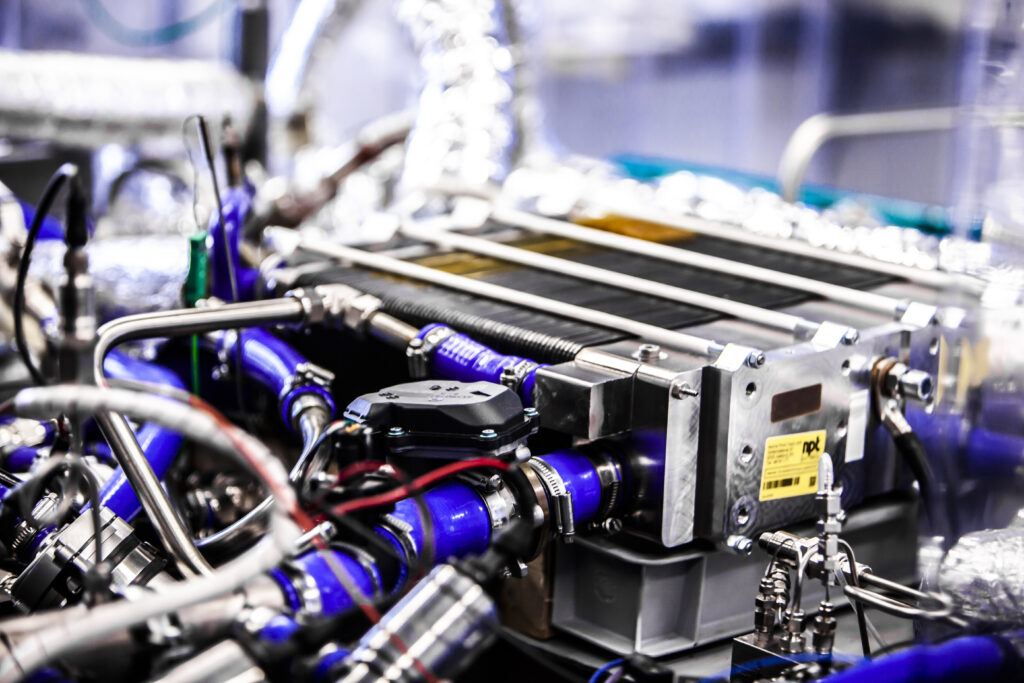
Stationary applications and supplemental power
Smaller fuel cell stacks from 5-15 kW for integrators of stationary systems. Specially developed for the power and needs of the telecommunication industry.
Maritime APU
200 kW to multi-MW solutions tailored for maritime applications. Modular, fuel cell-based auxiliary power unit (APU) systems designed to integrate with different ship designs, providing efficient operation fueled by methanol.
Heavy-duty applications
100-200 kW power solutions designed to cater to the demands of trucks and rail systems in both rural and urban settings.
Light to medium-duty automotive applications
Fuel cells from 15 kW to 100 kW output used for range extension applications in urban areas such as last-mile delivery as well as construction equipment.
Materials handling and non-road applications
Fuel cells from 5 kW to 30 kW used as power packs in materials-handling vehicles such as forklifts and tow tractors.
LIGHT MARITIME
Fuel cell stacks from 5 kW to 45 kW for integrators of light maritime systems.
construction equipment
Methanol Fuel Cell systems from 80 kW to 120 kW engineered to meet diverse needs of the constructions industry.
AGRICULTURE
Range extender of 15 kW, and 60 kW to 100 kW systems for integrators of agricultural applications.
No need to compromise the capacity
Switching from fossil fuels to a purely electric solution is key to future urban logistics. The power and efficiency of the methanol fuel cell allow even trucks to go electric, while the added range makes it profitable and with no need to compromise on the capacity.
A compact and lightweight propulsion system
Rather than taking up the mobility capacity with heavy battery packs or a pressurised tank system for storing hydrogen, the methanol fuel cell combines a small battery pack with a conventional fuel tank for liquid methanol, providing a compact and lightweight propulsion system.
Electricity and long range
With the ability to provide fast refueling and a flexible and continuous long-range operation, embracing electric power no longer has to result in downtime for charging. The electric option becomes an even more compelling and practical choice, supporting a sustainable and dynamic future for the heavy-duty and other industries.
Benefits for the market
Sometimes batteries do not cover the need for a continuous operation, the required range, or simply the flexibility and convenience we know from driving on fossil fuels. The benefits of an application with an integrated fuel cell are many as it provides high energy efficiency and flexibility as well as clean driving.
Long range
The methanol fuel cell provides a cost-efficient and long range of up to 1,000 km that surpasses fossil-based combustion engines. It provides a flexible and convenient alternative when battery electrification is not possible or feasible.
Three minute fueling
Blue World Technologies' methanol fuel cell is powered by methanol. Due to methanol's liquid nature, it only takes a few minutes to fuel enabling a quick and convenient fueling experience.
Easy integration
To ensure easy integration in the application, the flexible fuel cell concept is suitable for both engine bay or skateboard platform integration. The fuel cell system design ensures high energy conversion efficiency and strong compliance with the design requirements of the mobility sector.
Green e-fuel
The methanol fuel cell system from Blue World Technologies ensures reduced emissions and a low overall well-to-wheel CO2 emission level. When the system is powered by renewable methanol it provides reduced emission operation enabling clean transportation.
Utilising Blue World Technologies' fuel cells to integrate systems via corporate collaborations
Tuco
Blue Dolphin light maritime – ship application development project for smaller vessels, e.g. workboats that it is powered by a fuel cell system running on liquid methanol.
EMPOWER
Heat and power 5 kW system that can deliver power and heat to the user. Blue World Technologies developed, manufactured, and validated reformed methanol fuel cell technology for combined heat and power production.
Karma Automotive
Blue World Technologies and Karma project on propulsion power for a variety of future passenger and light commercial vehicles. The fuel cell system has been integrated into Karma’s electric vehicle architecture and piloted in GS-6 development vehicles for evaluation purposes.
Gumpert
15 kW Gumpert system automotive proof-of-concept for “The Nathalie Fuel Cell” passenger vehicle. The fuel cell under the carbon hood has been constantly working and providing high performance at 15 kW.
AIWAYS
Blue World Technologies strategic cooperation agreement with the energy vehicle manufacturer, AIWAYS, with the purpose of supplying the market with vehicles powered by methanol fuel cells for fast refuelling and long range.
CO2 neutral operation with reduced emissions
Blue World Technologies is providing a concept and technology that can be used for system integration in various applications.
The technology has several benefits providing the opportunity to drive with electricity without the challenges of range and charging time. With methanol being an e-fuel and when it is produced renewably, it enables reduced carbon emission in a well-to-wheel perspective. Additionally, the operation of the methanol fuel cell has reduced NOx, SOx, or particle emission supporting the combat against air pollution from the transportation sector.
The methanol fuel cell system has the potential to contribute to decarbonising the transportation sector and bringing down the rising of global temperature.
Want to know more?
Our team is ready to provide you with further information on the use of methanol fuel cell technology for different applications or within specific industries.
Working at Blue World you will make a difference – for the company, your colleagues, and for the world
The methanol fuel cells provide high energy-efficiency and long lasting durability
The methanol fuel cells act as a green alternative to a wide range of industries around the world
